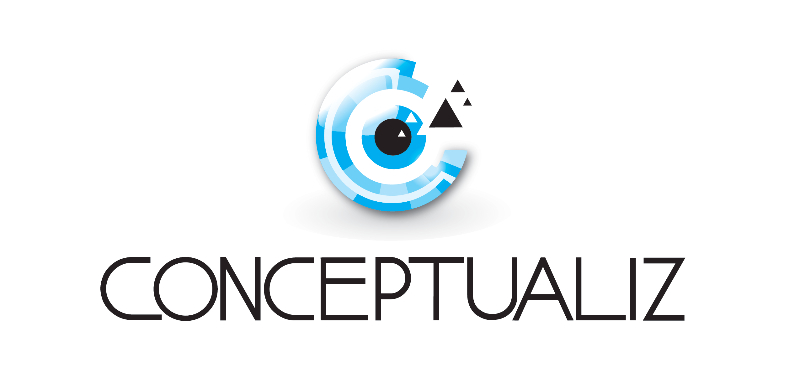After three years, Conceptualiz brought its vision to life: a mobile application for the iPad that can design orthopedic implants personalized to the patient. The current app is exclusively available for research and educational purposes.
The Halifax- and Toronto-based company’s OSSA 3D surgical planning and implant design platform allows orthopedic surgeons to design personalized implants. The implant is then sent to a 3D printer, reducing the time needed to produce the implant.
For a patient to receive a personalized implant, it usually takes six weeks to design and create the implant.
“Surgeons and engineers are now being connected virtually rather than one-to-one meetings, which is more efficient,” Conceptualiz CEO and cofounder Richard Hurley said in an interview.
The global orthopedic implant market is worth $45.5 billion. Hurley said he has no doubt that the market will shift toward personalized orthopedic implants.
With the current system of engineers and orthopedic surgeons meeting one-on-one, it takes around six weeks to design and manufacture a personalized orthopedic implant. Conceptualiz, by sending the implant designs to a 3D printer, could mark the first step toward mass orthopedic implant customization.
“Orthopedics is typically slow to adapt to changes,” Hurley said. “We’re relying on that slowness to develop a foothold.”
Hurley himself is an orthopedic surgeon, and his cofounders, Ravin Balakrishnan and Karan Singh, are both University of Toronto computer science professors specializing in graphic 3D design and human-computer interaction.
Conceptualiz also has a network of advisors: Dr. James Kellam, who teaches at the University of Texas Health Care Centre and specializes in orthopedic trauma surgery; and Dr. Ross Leighton, who teaches at Dalhousie University and specializes in orthopedic trauma surgery. From 1997 to 2000, Leighton acted as the Provincial Trauma Director of Nova Scotia.
Along with speaking with other orthopedic surgeons and getting them to test Conceptualiz, the clinical application available has been well-received.
“Surgeons say that it’s a very simple, easy-to-use app—which is what we’re going for,” Hurley said.
The Conceptualiz’s iPad OSSA 3-D app costs nothing, but uploading one’s own scans costs US$29.99 to unlock the technology and allow multiple scans.
Conceptualiz has raised $400,000 through its own founders’ loans and a grant from the Atlantic Canada Opportunities Agency. Conceptualiz put that money toward engineering and design work.
Hurley said Conceptualiz hopes to raise $1 million in a seed round to fund regulatory approval for a clinical version of the software.
Conceptualiz is also looking into strategic investment by interested orthopaedic implant manufacturers and 3D printing companies.
Innovacorp, Nova Scotia’s early stage venture capital organization, shortlisted Conceptualiz in the life sciences sector category in its I-3 Competition.
Conceptualiz plans to release the clinical version of its app later this year. It also hopes to one day locate 3D printers in or near hospitals so that surgeons can quickly and easily pick up their personalized implants.
Other specialities requiring implants can also use Conceptualiz. An ear, nose and throat surgeon has already approached Conceptualiz to start creating nasal implants.
“Anywhere you have a CT scan of a body, it can be applied,” Hurley said.










